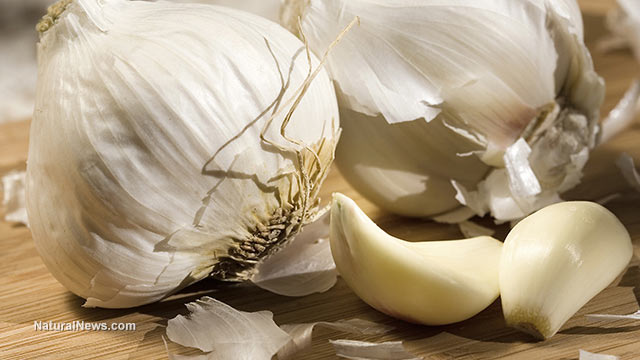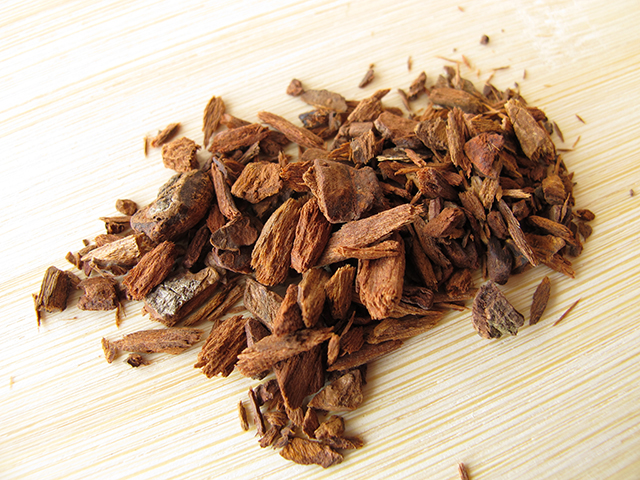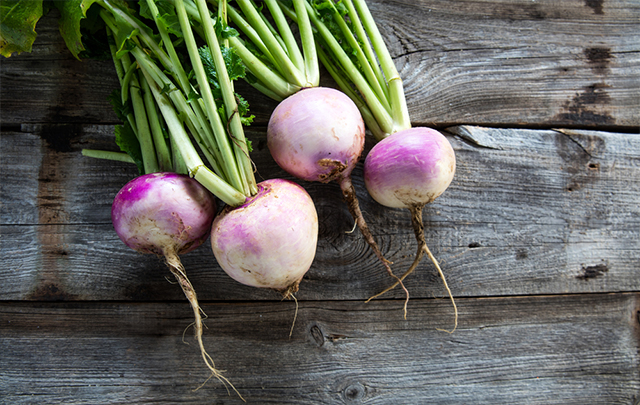5 Health benefits of muskmelon, a sweet superfood that’s rich in vitamin C
07/31/2020 / By Virgilio Marin

Muskmelon is a sweet and nutritious fruit with a variety of culinary uses and health benefits. It belongs to the gourd family and is related to other fruits that are often confused as vegetables, such as squash, pumpkin and zucchini.
There are several varieties of muskmelon. There are netted types like cantaloupe and smooth-skinned types like honeydew and casaba melon. These fruits differ slightly in terms of appearance, flavor and, in some cases, nutrient content. For example, cantaloupe is significantly richer in vitamin A than honeydew.
But despite their differences, all muskmelon varieties are nutrient-dense. This means that they are packed with vitamins, minerals and plant compounds that are good for the health.
5 Health benefits of muskmelon
Due to its impressive array of nutrients, muskmelon offers a variety of health benefits. Here are some of them.
1. Promotes Heart Health
Research shows that plant-based foods are good for heart health. For one, they help reduce blood pressure and total cholesterol, besides boosting heart function.
Muskmelon, in particular, is rich in fiber and potassium. Dietary fiber helps lower blood cholesterol, especially bad low-density lipoprotein (LDL) cholesterol.
Meanwhile, potassium helps keep blood pressure in check and regulates heartbeat. In fact, studies show that a potassium-rich diet can decrease blood pressure and lower the risk of stroke.
2. Reduces inflammation
Muskmelon has anti-inflammatory properties that can help reduce the risk of heart disease, arthritis, diabetes and other chronic illnesses.
Cantaloupes, in particular, are rich in phytonutrients that can effectively reduce inflammation. For example, beta-carotene, cryptoxanthin and zeaxanthin can all protect against inflammation and oxidative stress, according to studies.
3. Boosts eye health
Cantaloupes and other orange muskmelon varieties are excellent sources of zeaxanthin — an antioxidant that often works alongside lutein to boost eye health and filter harmful blue and UV light. Research shows that the combination of zeaxanthin and lutein helps prevent or slow down the onset of age-related macular degeneration, an eye disease characterized by the loss of central vision.
Furthermore, these muskmelon varieties are great sources of vitamin A, which helps produce the pigments in the retina.
4. Strengthens immunity
Muskmelon also contains high amounts of vitamin C, a nutrient that helps boost immunity. Vitamin C also helps heal wounds and repair and maintain healthy bones, teeth, skin and cartilage. As an antioxidant, vitamin C protects cells from oxidative stress, which is caused by the excessive production of free radicals. Research suggests that high doses of vitamin C can also reduce the severity of cold symptoms. (Related: Vitamin C vs. the Big C: Experts claim vitamin C has anti-cancer properties.)
5. Hydrates the body
Muskmelon is an excellent fruit to eat in the summer because of its high water and electrolyte content. Potassium, for example, is an electrolyte that not only boosts heart health, but also helps regulate fluid balance and muscle contractions, as well as maintain healthy nerve function. As the main electrolyte in the intracellular fluid, potassium also determines the amount of water inside cells.
Muskmelon is not just a delicious summer fruit, it is also a nutritious superfood that offers plenty of health benefits. Start incorporating muskmelon into your diet to enjoy the many wonders it can do for your overall health.
Learn more about the benefits of different muskmelon varieties at Fruits.news.
Sources include:
Tagged Under: anti-inflammatory, antioxidants, Cantaloupe, eye health, food cures, food is medicine, fruits, functional food, heart health, hydration, immune system, inflammation, muskmelon, nutrients, phytonutrients, potassium, vitamin A, vitamin C




















